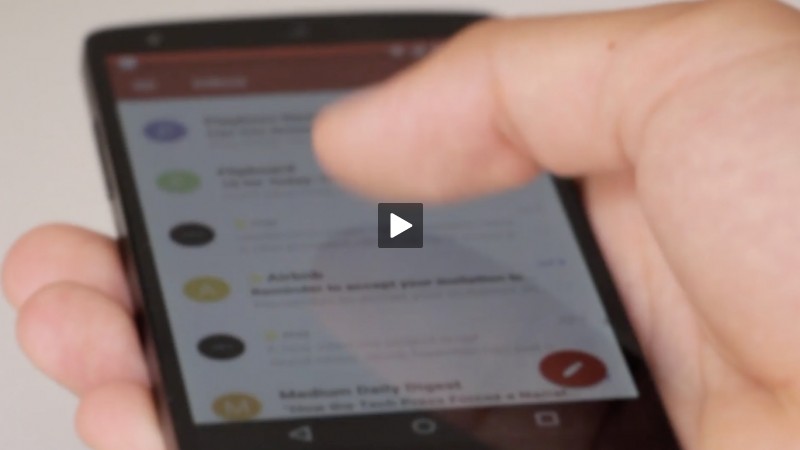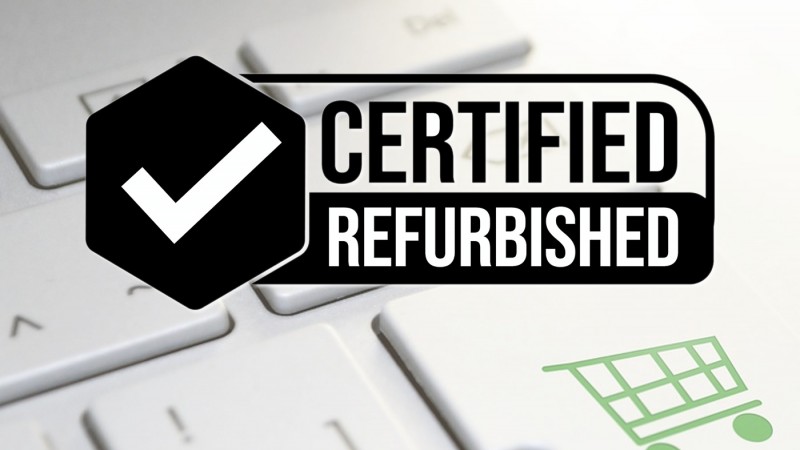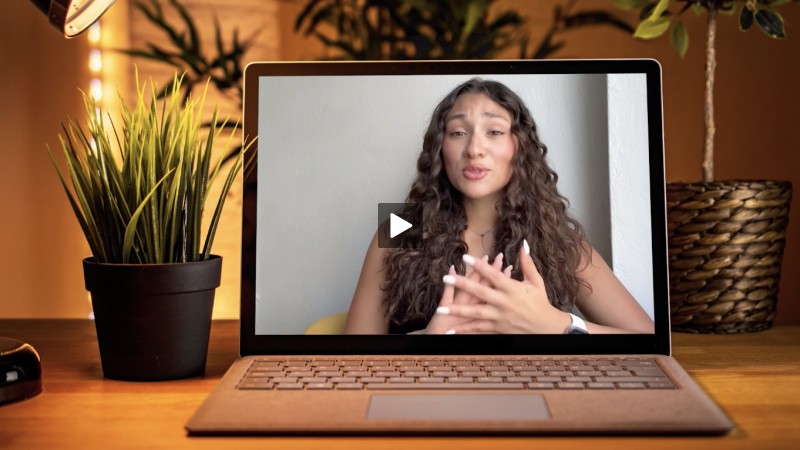Ring! Ring! Big Tech Is Calling
- Details
- Written by Tracy Scott
- Category: Articles

Competition for brand loyalty is fierce. Tech companies are constantly updating their products with more power and new features to keep you coming back for more. Some have even amped up their customer service to include a no-questions-asked return policy—of course, "certain restrictions apply."
Do what you can to block unwanted calls, and hang up on the rest!
So it's not too far of a stretch to believe that someone who works for the world's favorite fruit is calling you to confirm a purchase or your shipping details. Or is it?
When you answer the phone and the person on the other end claims to be from one of the top tech companies in the world, you should probably just hang up.
Here's Why
Out of the millions of customers a tech giant could call, they chose you. It's enough to solidify your loyalty for life. But, beware. The caller is likely a scammer. Answering their questions could cost you time and money.
See if this sounds familiar:
You: Hello.
Recorded Message: Hello. We're calling to alert you to suspicious activity in your Apple iCloud account. Your iCloud account has been breached. Before using any Apple device, please speak with an Apple Support Advisor. Press 1 to connect to an Apple Support Advisor. Press 2 to listen to this message again. Or, if you wish to contact us later, please call us on our toll-free number (208) 262-0000. Thank you.
(You press 1)
Fake Apple Support Advisor: Who am I speaking with today?
(You state your name)
Fake Apple Support Advisor: Yes, it looks like someone is trying to access your account. Don't worry. We'll protect you.
You: How?
Fake Apple Support Advisor: First, what is your Apple ID?
You: Don't you have it?
Fake Apple Support Advisor: Yes. I'll be comparing it to what you tell me.
You: Um, ok.
(You give the caller your Apple ID)
Fake Apple Support Advisor: Great! Now I need your password so I can help reset your account.
You: (click)
Hopefully, the call won't even get this far.
Other Scenarios
Other scenarios might involve a recorded message stating your account has been locked or a recent iTunes purchase was rejected. In either case, thieves are trying to steal your login credentials or credit card details.
Android users aren't safe from this type of scam either. Consumers have reported receiving similar calls and emails from other huge brands, like Amazon, Samsung, and Microsoft. These companies do not contact you by telephone or email unless you initiate contact. So unless you're expecting a callback, hang up the phone.
Don't press 1, 2, or any other options. The recording may even claim that they'll put your number on their Do Not Call List when you press 3. Don't fall for it. Responding by pressing any number just confirms that they've reached a live phone number—which they can sell to other scammers.
If you suspect there really is a problem with your account, contact the company at the email or phone number on their website. Do not dial the number left on a recorded message. Doing so will put you in contact with the very scammers you're trying to avoid.
Do what you can to block unwanted calls, and hang up on the rest!


































